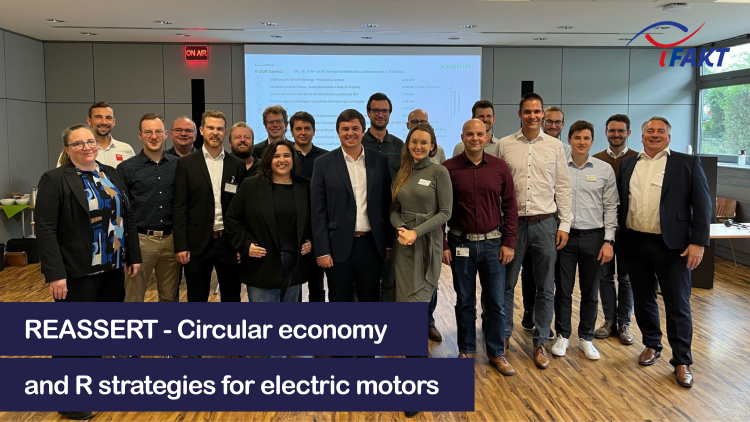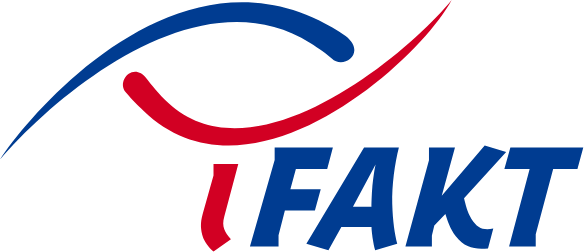
REASSERT - Circular economy and R-strategies for electric motors
iFAKT GmbH, a pioneer for innovative technological solutions in Industry 4.0, is involved in sub-project 1 of the REASSERT research project. The aim of this sub-project is to develop a digital model for an optimized value retention strategy. A decision support tool should be able to carry out an economic, ecological and technical evaluation with regard to the appropriate value retention strategy for the respective return of the electric traction motor.
In the research project, iFAKT uses various AI methods to validate suitable models that can be mapped using the prioritized R-strategies of the circular economy. In order to be able to carry out an evaluation with regard to a value retention strategy, forecast models for predicting the remaining service life of the electric traction motors must be designed and a multi-criteria system of key figures for the condition of the traction motor must be created. In future, the necessary status information should ideally be collected via product or process data, for the integration of which iFAKT can draw on its own experience in the field of digital twins and data pipelines and develop suitable interfaces. At the same time, the integration of the digital product passport over the life cycle of the traction motors into current international standards such as the Asset Administration Shell is being driven forward.
About the project:
The electrification of the drivetrain is progressing continuously. The electric motors used contain valuable raw materials such as electrical steel, copper and rare earths. In order to achieve the medium-term CO2 targets, the reuse of these materials must be a key component. However, sustainable value retention strategies to enable electric motors to be used in a second utilization phase in the sense of a modern circular economy are still lacking. In the REASSERT project, a consortium led by Schaeffler is developing strategies and processes to repair, refurbish or reuse electric motors. The Fraunhofer Institute for Manufacturing Engineering and Automation IPA, the wbk Institute for Production Engineering at the Karlsruhe Institute of Technology, BRIGHT Testing GmbH, iFAKT GmbH and Riebesam GmbH & Co. KG complete the consortium. The project is funded by the Federal Ministry for Economic Affairs and Climate Protection.







